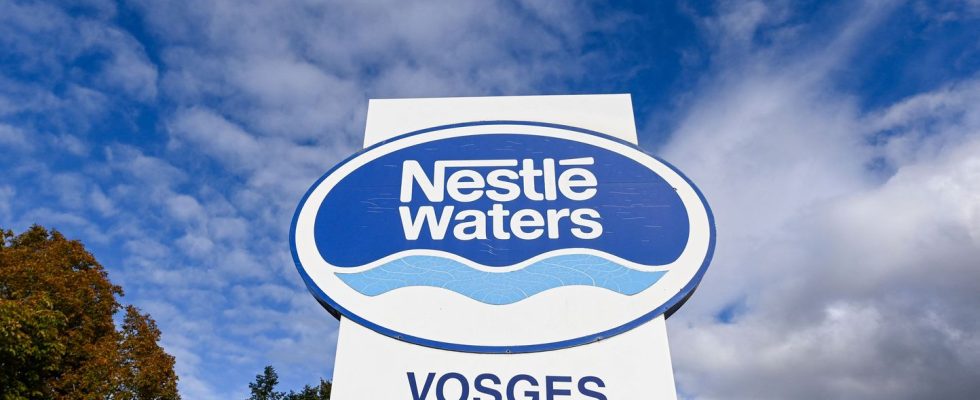Is the Nestlé group behind illegal dumping of plastic bottles in the Vosges? Searches were carried out on Tuesday at the Vittel and Contrexéville sites, we learned from the group’s management. “The investigation is ongoing and we of course continue to cooperate fully with the authorities,” said a spokesperson for Nestlé Waters, confirming information from France Bleu Lorraine.
“We work under the control of environmental authorities. We are committed to acting and financing everything that is necessary regarding the management of these old waste deposits,” he continued. “Two thirds of the sites concerned have already been cleaned by Nestlé Waters and we are awaiting feedback from the environmental authorities to specify the best management option for the last three sites,” the group said in a communication.
Nestlé, which became a shareholder of Vittel in 1969, assures that “these old waste depots date from the 1960s, before Nestlé Waters became the owner”. According to Bernard Schmitt, of the environmentalist collective “Eau 88”, these searches are carried out as part of an investigation opened following a complaint against Nestlé for harm to the environment and public health.
The complaint targeted two sites, close to Nestlé bottling plants, in Saint-Ouen-lès-Parey and They-sous-Montfort, where there remains a “major” landfill, according to Bernard Schmitt.
Nearly 42,000 m3 of plastic
“Nestlé evacuated some small landfills which contained very little plastic […] but the two main ones were not evacuated,” assures the head of the collective.
There are nearly 42,000 m3 of plastic in They-sous-Montfort, according to him. More than setting up a monitoring system at the landfill, the collective is waiting for the waste to be removed.
When requested, the prosecution did not respond immediately. A preliminary investigation separate from these searches, for deception, was also opened by the Epinal public prosecutor’s office against Nestlé Waters in the case of the use of prohibited treatments (disinfection by UV lamp, filtration on activated carbon) for purify its mineral waters.

